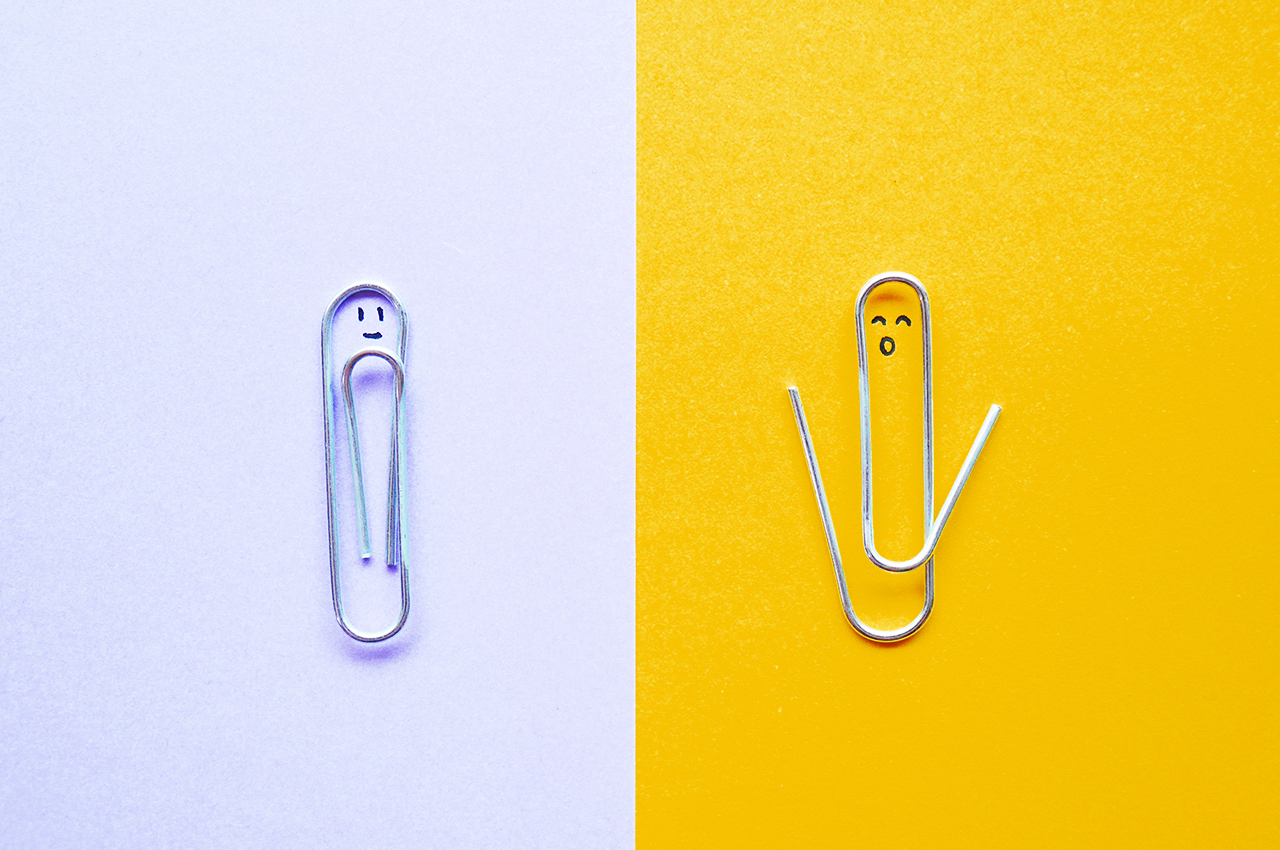Tis’ the season of delicious food, relaxation and bonding with your loved ones. Unfortunately, it’s also the season of dealing with your grumpy uncle’s complaints about your cooking, trying to make your budget stretch and cleaning up after many people. Before you get your fairy lights twisted in a knot, here are a few holiday hacks to help you out.
That’s a wrap
If you have a big family and tons of friends, gift wrap could become more expensive than the actual gifts. You’re probably tempted to buy specific wrapping for each person and cute gift bags, but it’s really a waste because most people just rip the paper off anyway. Instead of splashing out on pricey wrapping paper, get a large roll of brown paper to wrap the gifts with and finish off with a bow made of string. It’s chic and minimalist, and your budget will thank you.
Be kind to your pockets
It’s tempting to splurge on fun, fancy and fantastic gifts for your loved ones, but don’t forget that January is a long way off. Be honest with yourself about how much money you can spend and create your budget from there. There are different ways to make your money stretch. Keep an eye out for bargains, get creative by making homemade gifts and buy some gifts in bulk.
Befriend your freezer
Cooking can be fun – and time consuming. Hack your way through the hassle by cooking batches of food in advance and freezing. For example, cook dishes like potatoes and certain veggies, and then freeze, defrost and reheat them in the oven on the day that they’re needed.
Chill out your drinks
After a hearty meal, a lukewarm drink is the stuff evil is made of! If you’ve forgotten to chill your drinks in the midst of the cooking madness, don’t stress. Wrap the bottles tightly in a damp kitchen towel, and pop them into the freezer. Heat travels more quickly through dense materials (like wet cloth), so your drinks will soon be ice-cold and ready to pour in roughly 20 minutes.
Throw tradition out the window
Some traditions like giving gifts are timeless, but others aren’t worth the effort or stress. If having the festivities at your home every year is stressful, suggest rotating houses every year, or going out for lunch. If making Christmas pudding after cooking a big lunch is too much work, serve ice-cream instead. You might feel anxious about suggesting or making changes, but you’ll benefit in the long run, by saving time and effort – and your sanity!
Drive safely
Family road trips, rushing around for last-minute gifts and late-night fast food runs… you spend a lot of time on the road during festive season so be extra mindful of being safe. Pack an emergency kit into your boot, don’t drink and drive and always wear your seat-belt. Also, remember to keep track of your petrol tank to prevent running out of petrol when you most need it.
And last, but not least: Make sure you’ve installed the Hello Doctor app, and you are signed in. This way, you’re only be one click away from a doctor’s advice, anytime, anywhere!












